The death of a spouse can be one of the most tragic experiences anyone can ever go through. It can cause severe distress and emotional pain and depression. But can it lead to the death of the widow or widower? Let’s understand the sad reality of the widowhood effect.
What is the widowhood effect?
The widowhood effect refers to the probable increase in the likelihood of a widow or a widower to die out of emotional pain after the death of their beloved partner. This phenomenon is mostly observed in older people who have lost their long-term husband or wife.
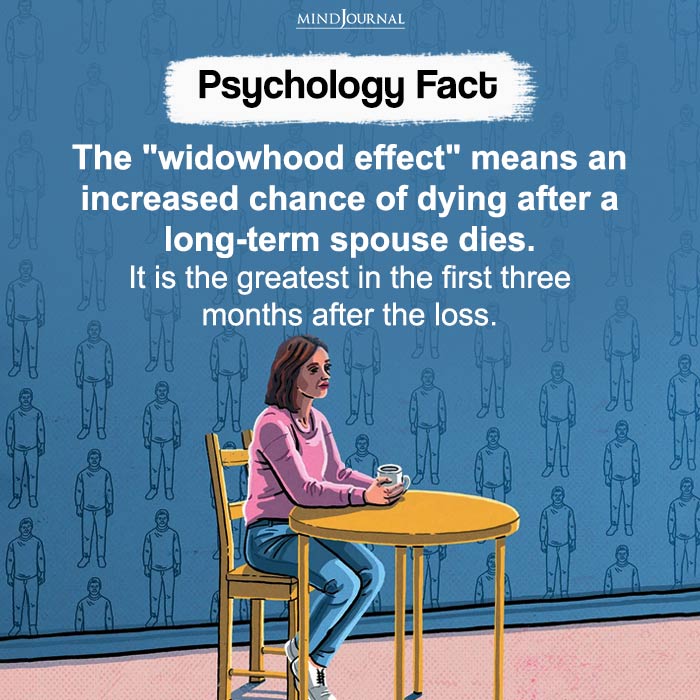
The death of one spouse can disrupt a marriage and affect the surviving spouse’s physical, emotional and mental health. As grief is a very personal experience, someone may grieve the loss of a spouse for years while others may mourn for a relatively shorter period. However, when someone’s grief becomes too intense, the person may die within a brief period after losing their long-time partner.
The widowhood effect phenomenon has been widely observed by researchers and experts believe that the death of a spouse can actually increase the risk of death in the surviving partner. According to a 2013 study, “Becoming widowed is associated with a 48% increase in risk of mortality.”
The close association between mortality and widowhood reveals how important a person’s health and social support is in determining a widow or widower’s mortality.
Related: The Five Stages Of Grief: Exploring The Kübler-Ross Model
What causes the widowhood effect?
Why does a recently widowed person have a higher risk of dying? And to what extent are they at risk of dying themselves? Experts are still trying to figure out what the exact causes may be that increases the risk of someone who has lost their spouse to death. However, it is believed that it may be a grief-related mechanism.
Here are some other probable causes of widowhood effect –
- Lack of self-care by the surviving spouse when one spouse becomes sick or after their death
- When one spouse falls sick, the other spouse may also become ill while taking care of their suffering partner
But how common is the widowhood effect?
One 2008 study revealed that the widowhood effect is observed within the first 3 months among 30-90% of the elderly whose spouse has died. However, around 15% of elderly widows or widowers may become vulnerable to death in the months thereafter. The probability of death was highest at 66% at the initial 3 months.
Regardless, the phenomenon is not limited to the elderly only. “The widowhood effect has been found among men and women of all ages throughout the world,” adds the study. The risk of the widowhood effect in both bereaved men and women can increase “for almost all causes, including various cancers, infections, and cardiovascular diseases.”
Related: How To Deal With The Loss Of A Loved One
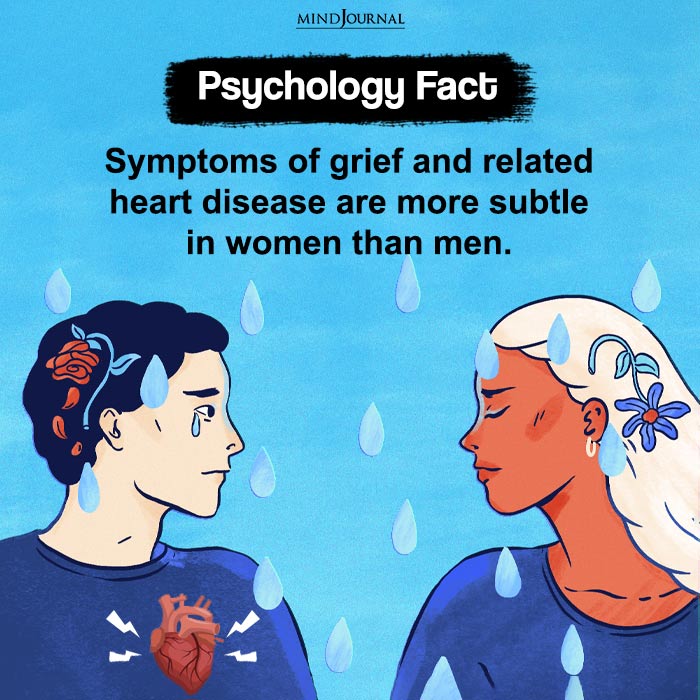
Negative effects of widowhood
There are some common health related issues that may arise due to the occurrence of the widowhood effect in a grieving spouse, some of which are mentioned below-
1. Mental health issues
Grief and bereavement caused by the death of a spouse can seriously affect the mental health of the widow or widowers and lead to various psychological conditions. Researchers have observed a close relationship between widowhood and mental health conditions.
“Widowed people have a high risk of common mental disorders,” states one meta-analysis on mental disorders in widowhood. The anticipation of & adaptation to a partner’s or spouse’s death can often lead to –
- Stress
- Anxiety
- Depression
- Prolonged Grief Disorder (PGD)
- Posttraumatic Stress Disorder (PTSD)
- Insomnia or trouble sleeping
- Cognitive decline
- Fatigue, exhaustion or low energy
Researchers believe that “The partner’s death has long-lasting mental health consequences, leading to a significantly slower adaptation to widowhood.” However, the psychological effects may vary for men (widowers) and women (widows).
The gender differences in widowhood effect are particularly pronounced in depressive symptoms. Men tend to become more depressed than women after the death of a spouse as men typically lack a strong social support group to help them through their loss. But it does not necessarily mean that women do not experience major depression after the death of a partner or spouse.
Further studies have also shown that the widowhood effect can also increase the risk for a steep cognitive decline in cognitively healthy adults above the age of 50.
Related: Grief Has No Expiration Date; You Don’t Need to Feel Guilty for Your Sadness
2. Broken heart syndrome
Mourning, trauma and stress from the death of a loved one can lead to the possibility of occurrence of broken heart syndrome. Also known as Takotsubo cardiomyopathy or stress-induced cardiomyopathy, it is a heart condition that is triggered by severe emotional or physical stress.
Broken heart syndrome is a temporary condition of transient left ventricular dysfunction where the primary pumping chamber of the heart changes in shape, affecting the efficiency of the heart to pump blood properly.
Researchers have found that “Broken Heart” syndrome is often experienced by widowed women and men, although it is frequently misdiagnosed as an acute coronary syndrome. Further studies have shown that although being married was not strongly associated with takotsubo syndrome, “being divorced/separated or widowed was related to elevated odds” for broken heart syndrome.
While broken heart syndrome is not necessarily a cause of death for the elderly experiencing the widowhood effect, it is certainly an effect of the grieving process and may affect mortality.
Related: What Is Broken Heart Syndrome and Tips To Prevent
3. Changes in appetite and weight
Research suggests that widowhood can have a strong negative impact on the eating behavior, dietary intake and weight change in elderly widows or widowers. It was found that they were more likely to –
- Eat less
- Eat alone
- Eat fewer homemade meals
- Eat fewer snacks
- Eat more commercial meals each week
Sadly, the researchers observed that the widowed individuals enjoyed eating less meals and fewer portions of food. As a result, they lost a significant amount of weight within a short period of time.
They felt less satisfied and fulfilled during meals due to the lack of companionship when eating. “Widowed people were found to be at increased risk for weight loss. This may well be due to decreased appetite and enjoyment of their meals,” explain the researchers.
Role of social support in the widowhood effect
The death of a spouse can have a strong impact on the surviving partner’s social life. Studies show that the levels of social participation often change due to late-life widowhood. It can affect both formal social roles, such as religious participations, meetings or volunteering obligations, and informal social roles, such as social interactions with family and friends, whether in person, phone call, texts etc.
The researchers observed that the widowhood effect can often lead to “higher levels of informal social participation” as social participation often reduces before the spouse’s death due to their health issues. It can increase drastically after losing their partner due to the support of family, friends and loved ones.
However, not everyone experiencing the widowhood effect may want to or have the support available to change the social participation levels. This is why some elderly people are at a high risk of suffering from loneliness after becoming a widow or a widower.
Widowhood and loneliness
Losing a long-term partner can create an emotional vacuum which can be hard to fill and can lead to feelings of emptiness & hopelessness. “After long-lasting marriages, these older people are confronted with loneliness, both in the home and internally, which very often triggers depressive disorders,” explain researchers.
Some elderly individuals experiencing the widowhood effect may also deliberately withdraw and socially isolate themselves due to grief and emotional pain, leading to more depressive symptoms.
Related: How to Deal With Loneliness (13 Steps For Isolated Souls)
How social support can help
Strong social relationships can mitigate the negative effects of loneliness and stress associated with widowhood. According to a 2021 study, “social participation could improve the death risk for widowed persons through increasing physical, psychological, and social vitality, and even obtaining more social support during social participation.”
Remaining active in a social group can help widowed people to counter the impact of the widowhood effect. Social support, positive relationships and social interactions can reduce depressive symptoms and make the grieving process smoother for widows or widowers.

How to survive widowhood effect
Losing a partner or spouse can feel like the end of the world. However, there are certain steps that you can take to cope with your loss, counter the widowhood effect and start healing.
If you are coping with the loss of a partner, then these steps can help –
1. Accept your loss
Grief is a different experience for everyone and no matter how you deal with your grief and mourn the loss of your loved one – it is absolutely okay. However, if you can, try to accept your reality and the fact that your spouse has moved onto a better place.
Acknowledge your emotions instead of suppressing them. Being in denial or resisting the truth will only lengthen the grieving process.
2. Understand that your life will be different
Your life will never be the same again and that is the sad, harsh truth. The life you lived before the passing of your partner does not exist any longer. The more you try to hold onto that life, the harder it will be for you.
Slowly learn to let go of the past and figure out what your life can be like in the future, while holding onto the beautiful memories of your spouse in your heart. Instead of living in the past, explore how your life is going to be different now. Keep your focus on the future without dragging your past along.
Related: How To Deal With Grief: This Old Man Gave An Incredible Reply
3. Seek support
Talk to loved ones about your thoughts and emotions. Openly communicate about the widowhood effect that you are experiencing to trusted family members and friends. Do not isolate yourself and make sure to reach out.
If you feel like it, talk to a mental health professional or a therapist to learn how you can adjust to your new life and move on.
4. Practice self-care
Losing your spouse can be devastating in many ways. It can completely change how you live your life and look after yourself. But it is very important to take care of yourself and find healthy ways to fill the emptiness in your life. Try to stay busy doing things you love, pursuing interests or volunteering to help those who need it.
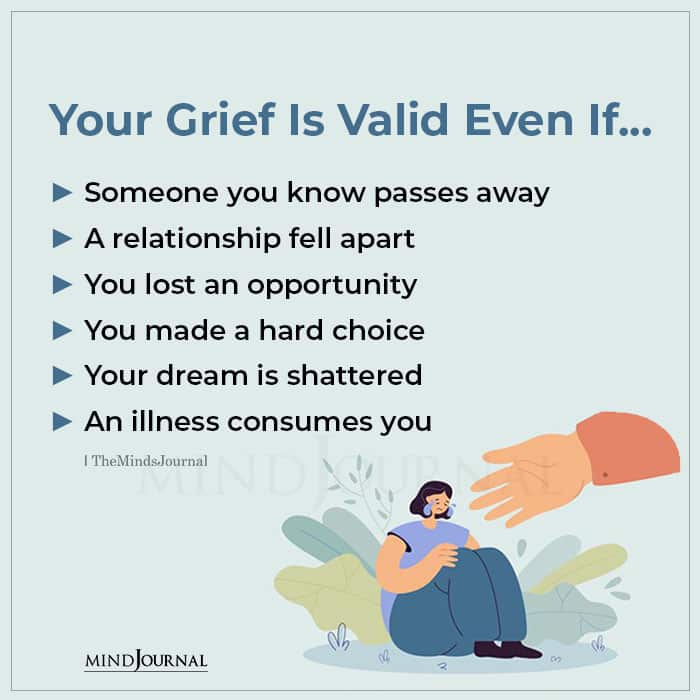
Moving on
Moving forward after losing your partner is never easy. But it is something we must eventually do. All of us cope with grief in our own unique way. So there is no decided time limit to overcome the widowhood effect.
Simply make sure to take care of your physical and mental health, stay connected with your loved ones and honor the memory of your late partner.
Related: Does Being Married Improve Life Expectancy?
Frequently Asked Questions (FAQs):
Is the widowhood effect real?
How long does widowhood effect last?
Grief is a very personal experience and all of us experience grief in our own individual way. Hence, there is no specific time limit on how long grief or the widowhood effect may last. It may take a few months to several years, depending on the person and the bonding they shared with their spouse.
What is widowhood mortality?
Widowhood is closely associated with mortality. Being a widow or a widower can increase the risk factor for mortality. Studies show that “Becoming widowed is associated with a 48% increase in risk of mortality.”





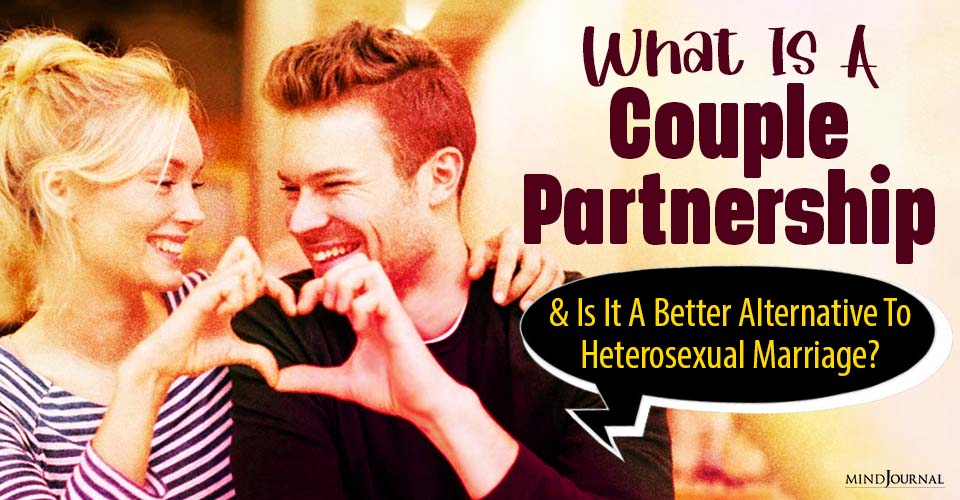
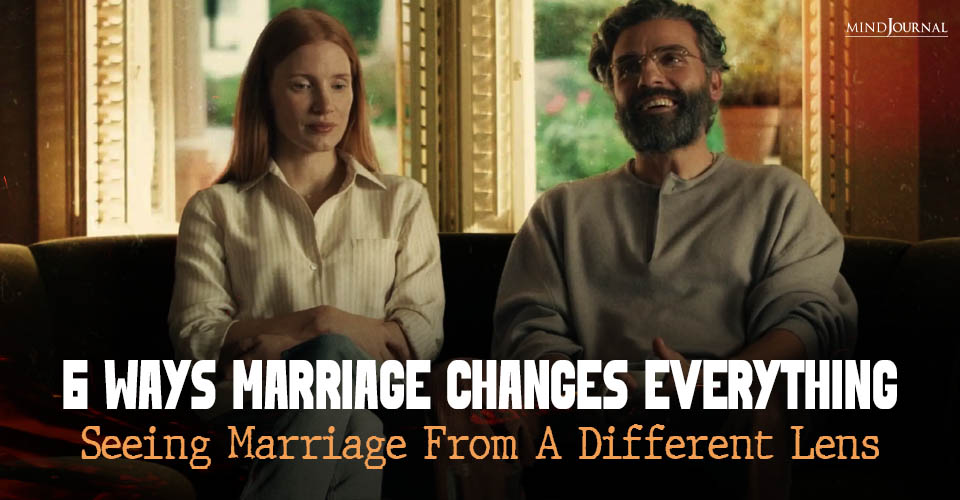
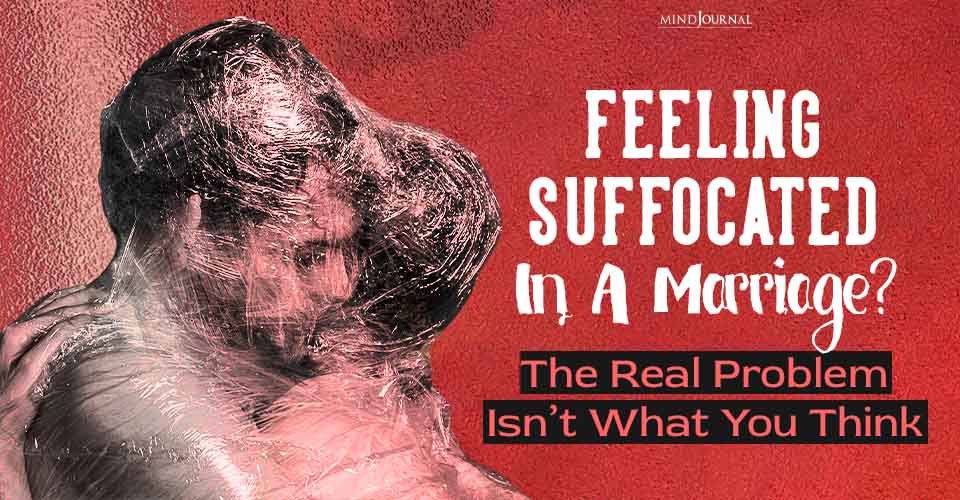
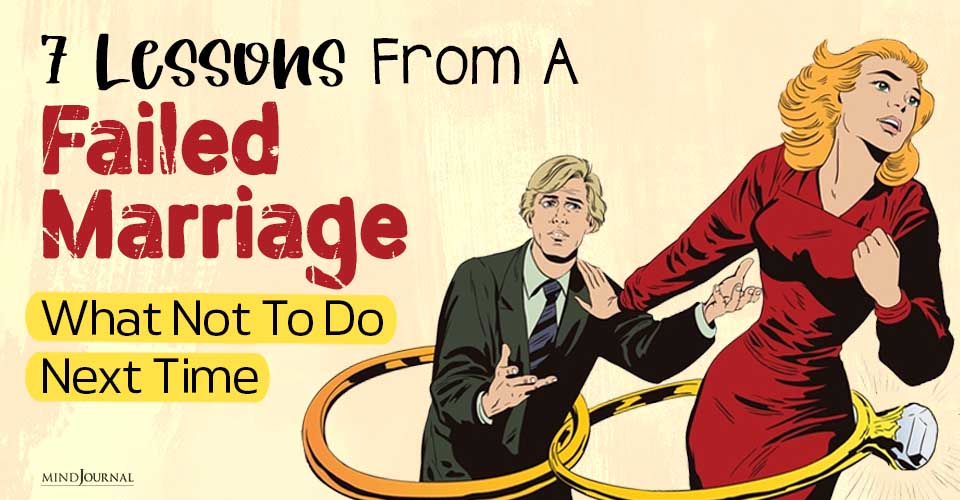

Leave a Reply